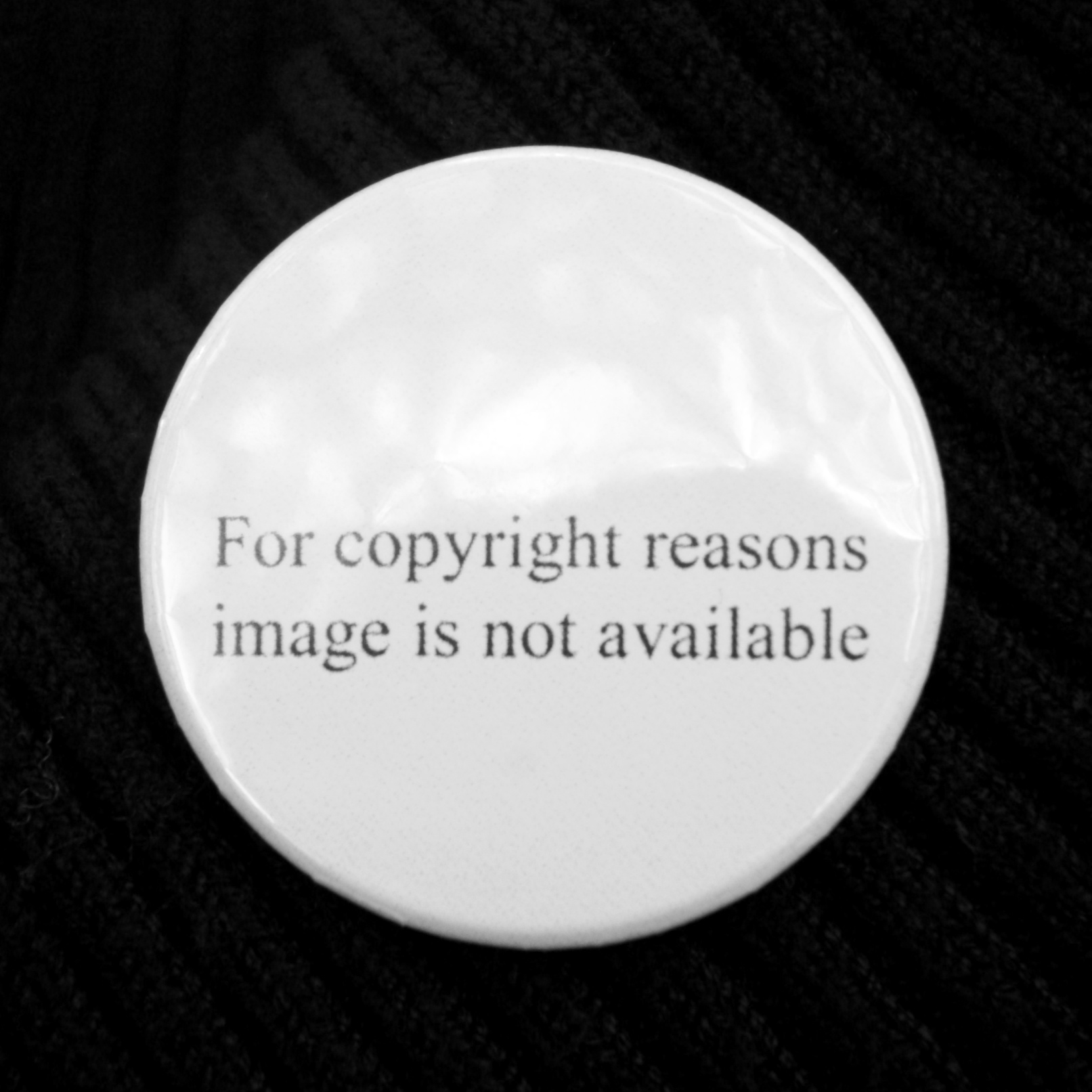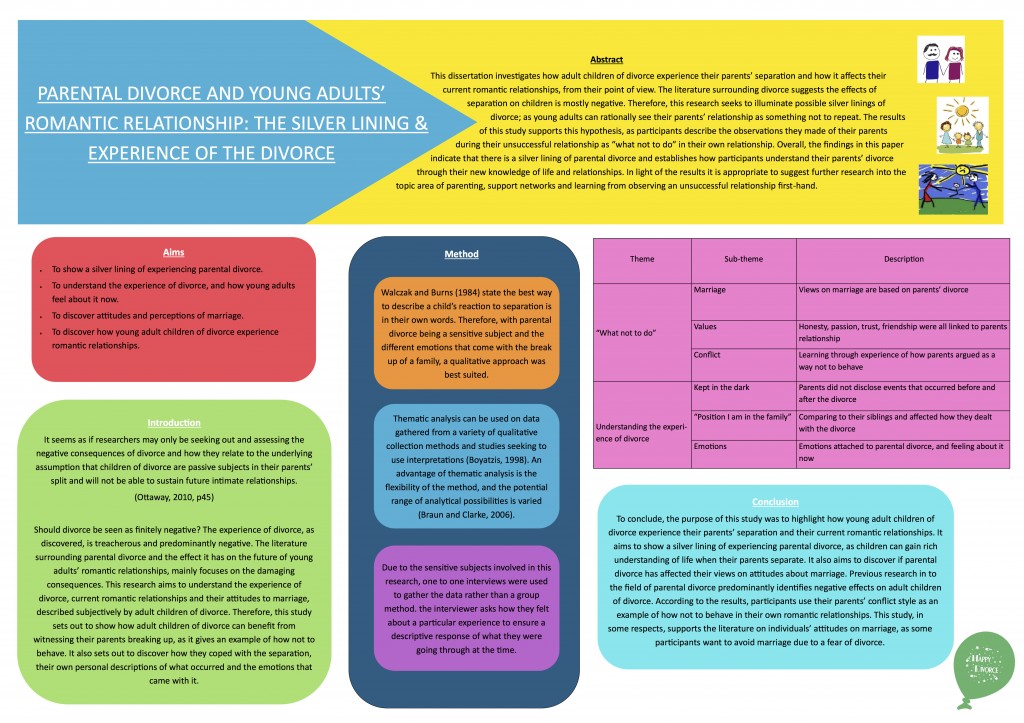
The lab is purchasing some new cinema-quality camcorders and accessories that can be booked by psychology staff and students. If they arrive in time, I’ll be using these to record this workshop here at the Falmer campus, on 3 July. If you are a PhD student or researcher in the field you might like to attend, it looks really interesting! If you would like to sign up or obtain more details please click here. Here is the description of the workshop:
“Want to explore beyond well-used methods that reproduce well-established stories about sex, gender, sexuality and relating? Fancy yourself doing modelling, bad sex writing or as a deep thinker, visual artist or ‘craftivist’? Read on!
Creative research methods can yield narratives different from and phenomenologically richer than interviews, focus groups and surveys. When doing public engagement and dissemination, creative methods can help people think differently about sex, gender, sexuality and relations/relating to challenge popular/media representations.
Having been successfully hosted by the Open University, University of Manchester and Coventry University this half-day FREE event is hosted by the University of Brighton.”




